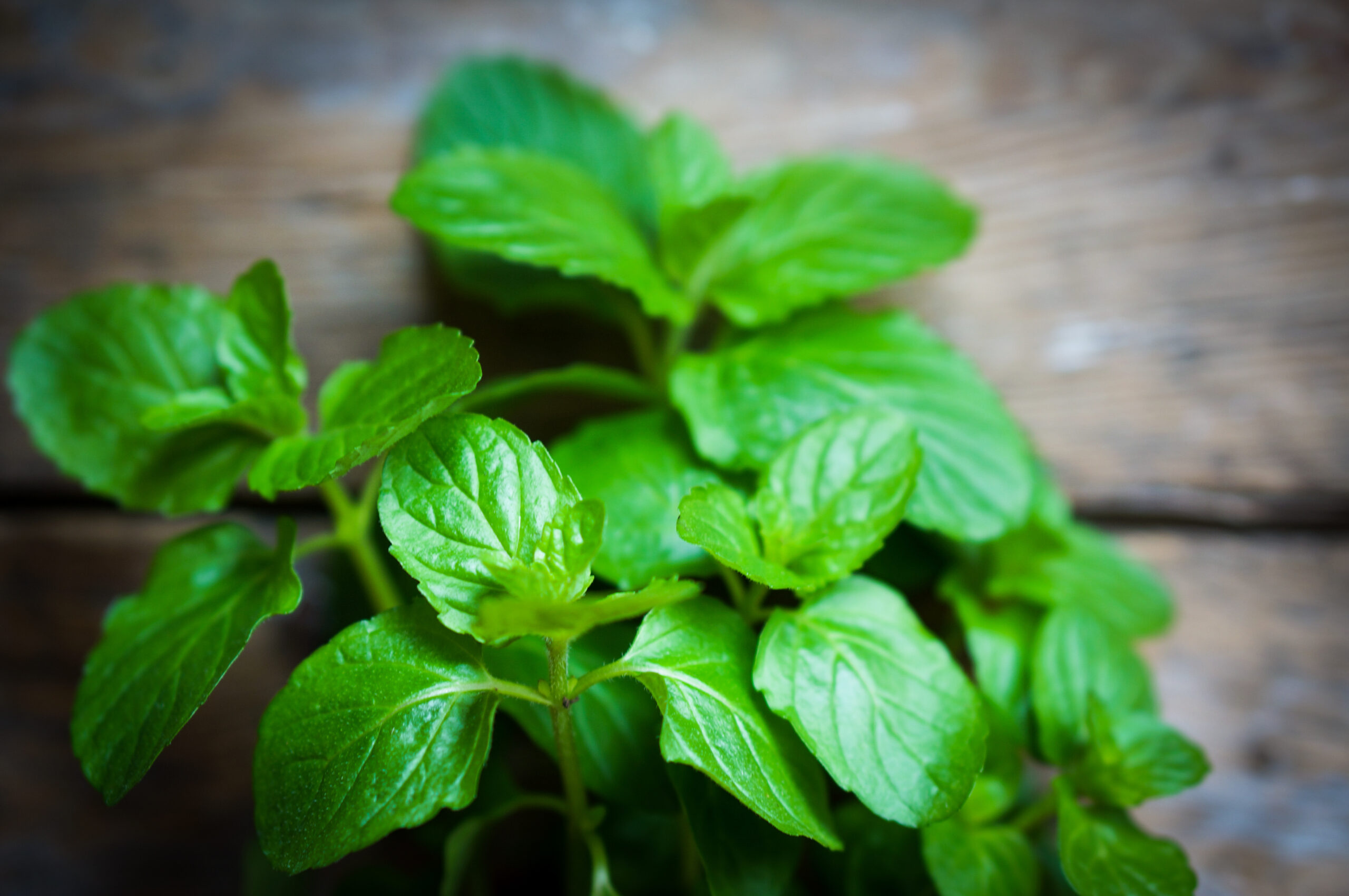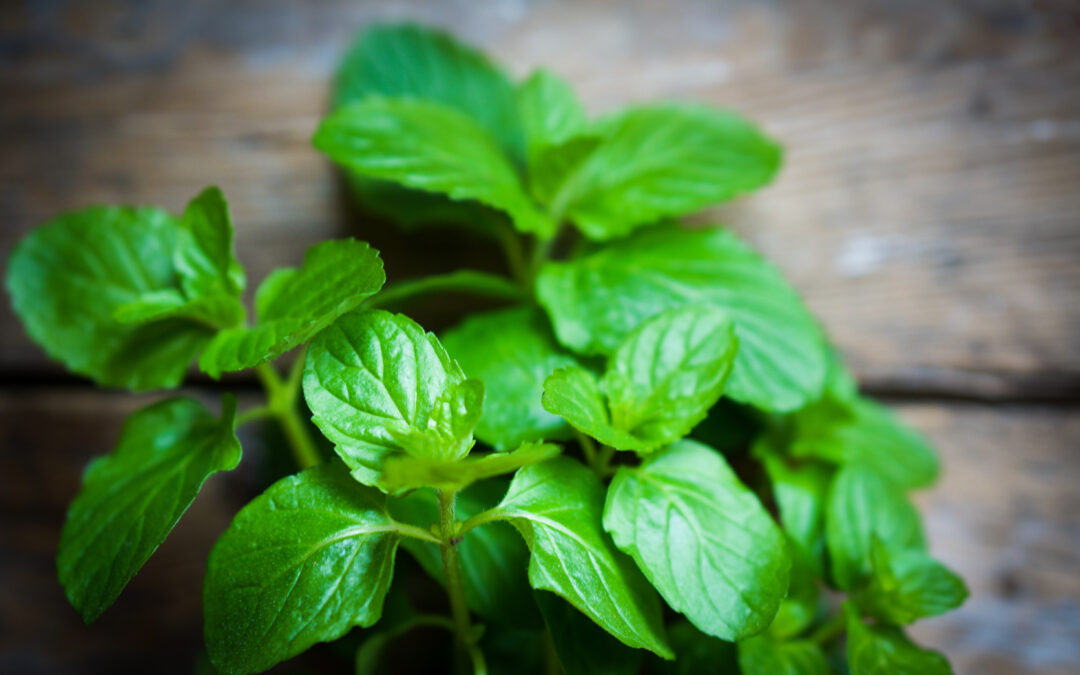Organic gardening is a popular hobby that has been gaining traction in recent years. It involves growing plants without the use of synthetic fertilizers or pesticides, relying instead on natural methods to keep your garden healthy and thriving. In this article, we will explore some tips and tricks for successful organic gardening.
Introduction to Organic Gardening
Organic gardening is all about working with nature rather than against it. This means using natural materials like compost and manure to enrich the soil, attracting beneficial insects to control pests, and choosing plants that are well-suited to your climate and soil conditions. By following these principles, you can create a beautiful and productive garden while also promoting environmental sustainability.
The Benefits of Organic Gardening
There are many benefits to organic gardening. First and foremost, it produces food that is free from chemical residues, making it safer for consumption. Additionally, organic gardening practices promote soil health by building up the nutrients in the soil over time. This leads to better plant growth and increased yields. Finally, organic gardening can be more cost-effective than traditional gardening since you don’t have to buy expensive fertilizers and pesticides.
Tips for Preparing Your Soil
One of the key factors in successful organic gardening is having healthy soil. To prepare your soil for planting, start by removing any debris or weeds from the area. Next, add a layer of compost or other organic matter to the soil to improve its structure and nutrient content. You may also want to mix in some sand or perlite to help with drainage if your soil tends to get waterlogged.
Choosing the Right Plants and Seeds
When selecting plants and seeds for your organic garden, choose varieties that are well-suited to your region and soil type. Look for heirloom varieties, which are often better adapted to local conditions than hybrid plants. Also, consider choosing open-pollinated varieties, which allow you to save seed from year to year.
Natural Pest Control Methods
In an organic garden, controlling pests requires a bit of creativity. Rather than reaching for a bottle of pesticide, try using natural methods such as companion planting (planting certain crops together to repel pests), handpicking, and using natural predators like ladybugs and lacewings. You can also make your own homemade remedies using ingredients like garlic, cayenne pepper, and neem oil.

Harvesting and Preserving Your Crops
Once your plants begin producing fruit, it’s time to harvest! Harvest your vegetables when they are fully mature but still young enough to be tender. For fruits, wait until they are ripe and juicy before picking them. To preserve your crops, consider canning, freezing, or drying them. Canning is great for preserving tomatoes, jams, and jellies, while freezing works well for berries and green beans. Drying is ideal for herbs and spices.
Conclusion
Organic gardening can be both rewarding and challenging. However, by following these tips and tricks, you can increase your chances of success and enjoy a bountiful harvest season after season.



